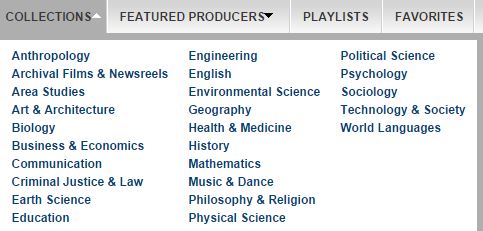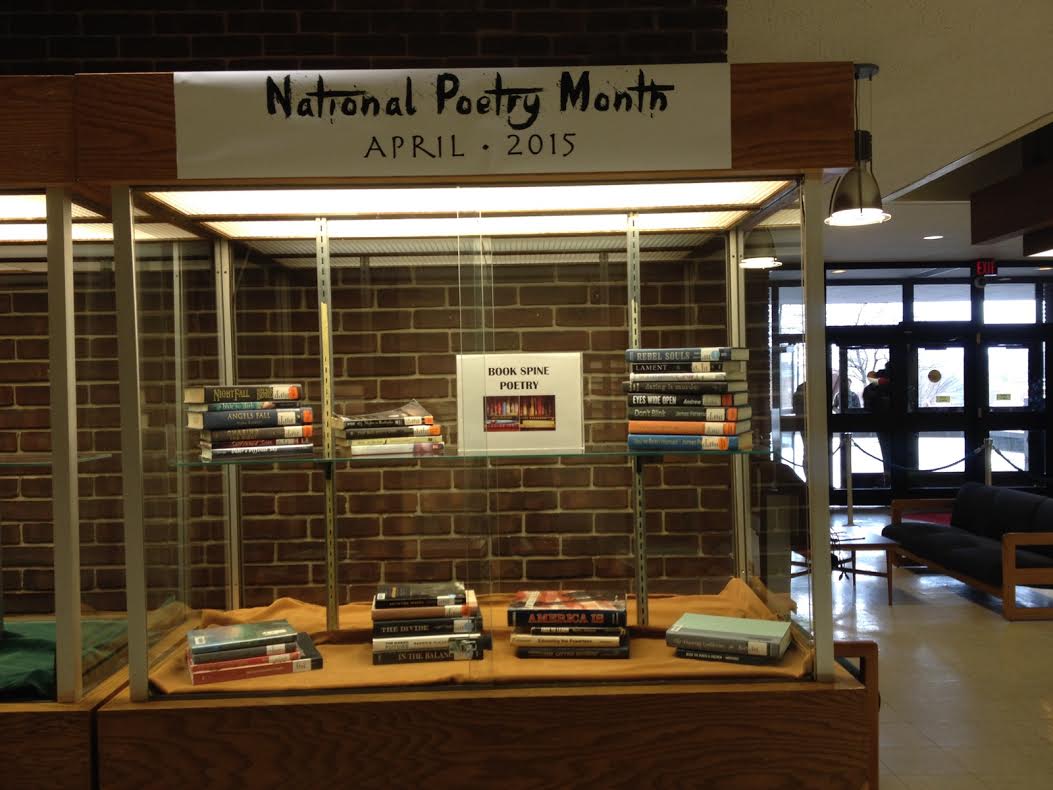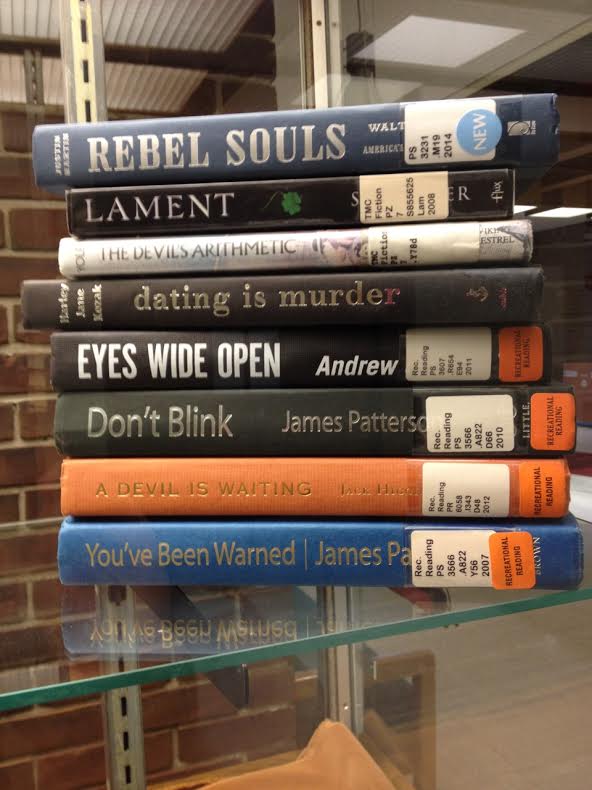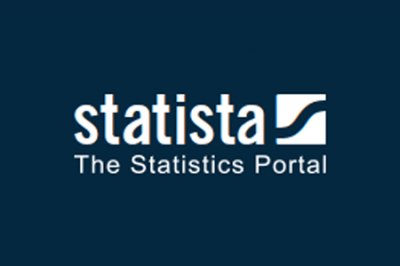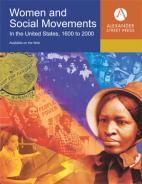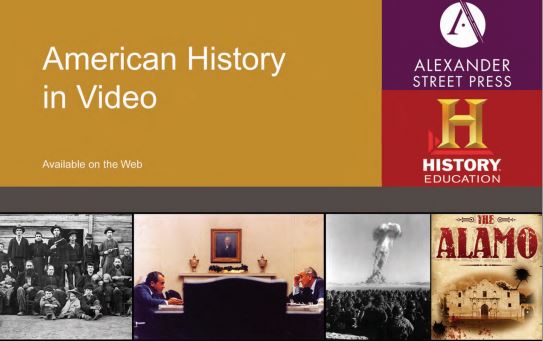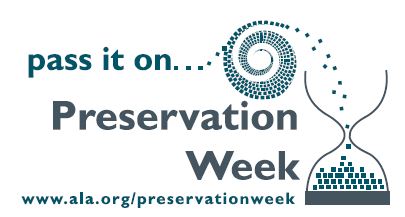 Libraries, museums, archives and other organizations work every day to preserve cultural history. Over 4.8 billion artifacts are held in public trust by more than 30,000 archives, historical societies, libraries, museums, scientific research collections and archaeological repositories in the United States.
Libraries, museums, archives and other organizations work every day to preserve cultural history. Over 4.8 billion artifacts are held in public trust by more than 30,000 archives, historical societies, libraries, museums, scientific research collections and archaeological repositories in the United States.
Key environmental factors that place collections at risk:
- Light: Ultraviolet rays from natural and artificial sources can cause fading and disintegration.
- Pollutants: Dust is abrasive and can accelerate harmful chemical reactions.
- Heat: High temperatures can accelerate deterioration.
- Moisture: High humidity promotes mold growth, corrosion, and degradation, while excessive
- Dryness can cause drying and cracking. Fluctuations between extremes can cause warping, buckling and flaking.
Tips from the American Library Association for preserving your treasures:



